It is common to celebrate a heroic act for what it is, and few other filmmakers have illustrated that quite like Clint Eastwood. With Sully and The 15:17 to Paris, he did his best to show the indisputable truth of a selfless act. However, it is less common to show the stress this can have towards the hero. This emerges in a variety of forms, though scrutiny from the public creates the most visible drama. At best, people could view the hero as someone with incredible luck. At worst, people could view them as someone trying to cover up a problem they created. As chance would have it, Eastwood’s newest film, Richard Jewell, centers around the stress a man feels after exposing his heroism to the world.
The act of heroism is simple to describe, and it is one that actually happened during the 1996 Atlanta Olympics. Security guard Richard Jewell (Paul Walter Hauser) is suspicious about an unattended backpack in the Centennial Olympic Park. In his paranoid state, he asks higher authorities to look into it. During their examination, they find that it contains armed bombs. With this discovery, Richard warns employees and park attendees to step away from the area. While he does not diffuse the bomb, his warnings were enough to save hundreds of lives. And for a brief moment, the public holds him in high regard for his actions.
But things get more complicated as Billy Ray’s screenplay gives us more information about Richard’s past. More than his pudgy form, it is Richard’s insane devotion to justice that clashes against the common idea of a model hero. In the early scenes, the film shows him as a school security guard invading people’s personal spaces in order to enforce rules. This ranges from interrupting traffic outside school grounds to searching through a dorm room without a warrant. While he stops these misdemeanors with success, this does not prevent him from having a troubled background. As a result, his spotty track record begins to spark skepticism from the public as he gains more fame.
Not helping matters is how he decides to present himself in front of others. As he crosses paths with reporters and FBI agents, he resorts to speaking with a hushed attitude. Additionally, he cannot help but repeat empty platitudes about being in law enforcement. It is in these moments where the filmmakers sketch a flawed but deeply relatable protagonist. Hauser, in particular, is superb at making his character feel small by talking at a more deliberate pace. Moreover, Hauser spends many scenes with a slightly hunched appearance, which allows Richard to appear less confident. Combined with key moments of dialogue, the film wisely depicts its lead as someone who never expected to have so many eyes aimed at him.
With these elements in place, Richard Jewell does a terrific job at crafting even-handed viewpoints of everyone involved. One can imagine a version of this where the public is nothing but a soul-sucking entity. And to the film’s detriment, that version emerges any time it focuses on reporter Kathy Scruggs (Olivia Wilde). But even with a character that simplistic, the film still gives her a moment or two that reveals her humanistic side. Elsewhere, it spends a lot of time with Richard and his lawyer Watson Bryant (Sam Rockwell) as they grapple with rebuilding a good image for the crowd. This turns out as nothing but beneficial since it allows Hauser and Rockwell to vent in a way that feels earned.
In essence, this is a film that desires to empathize with Richard despite his past and public perception. Eastwood and Ray are clearly aware of this, as no other character embodies this desire as much as Richard’s mother Bobi (Kathy Bates). True, she reacts to her son’s potential involvement with setting up the bomb with shock. Not to mention, she seems to enable Richard to be as neurotic as he is. However, she stands up for him because of how clearly she sees his lack of malice toward the situation. By the time she pleads agents to only press charges on Richard if they have evidence, the film manages to weave an emotional throughline that never goes away.
To no surprise given his subdued filmmaking style, Eastwood depicts the onscreen events from an objective viewpoint. As usual, we have a basic visual style and a minimal score that is better at capturing events than characters. But considering its intimate emotional beats, it is a shame that the direction does not embrace a subjective viewpoint. The scarcity of visual flourish is immediately apparent, with cinematographer Yves Bélanger implementing steady camerawork and a naturalistic color palette for many scenes. Perhaps the only time distinct imagery appears is during a dream sequence that involves a wobbly close-up of Richard. Outside of that, the film regards shot compositions and lighting as devices for function rather than form.
All of which is to say that Richard Jewell knows what it wants to be and achieves many of its goals. At the same time, its directness is exactly why it is only a solid drama and not an exceptional one. Sure, it depicts someone going through a lot of stress quite well. But it is clear the performances are doing more of the heavy lifting than any sort of visual storytelling. Nevertheless, the film hits its stride in the various scenes that expand on Richard’s flawed humanity. If nothing else, it is a showcase of heroism as a double-edged sword that only feels more relevant as we enter this new decade.
Rating: 7/10
Richard Jewell is now available in theaters.
The film stars Paul Walter Hauser, Sam Rockwell, Kathy Bates, Jon Hamm, Olivia Wilde, and Nina Arianda.

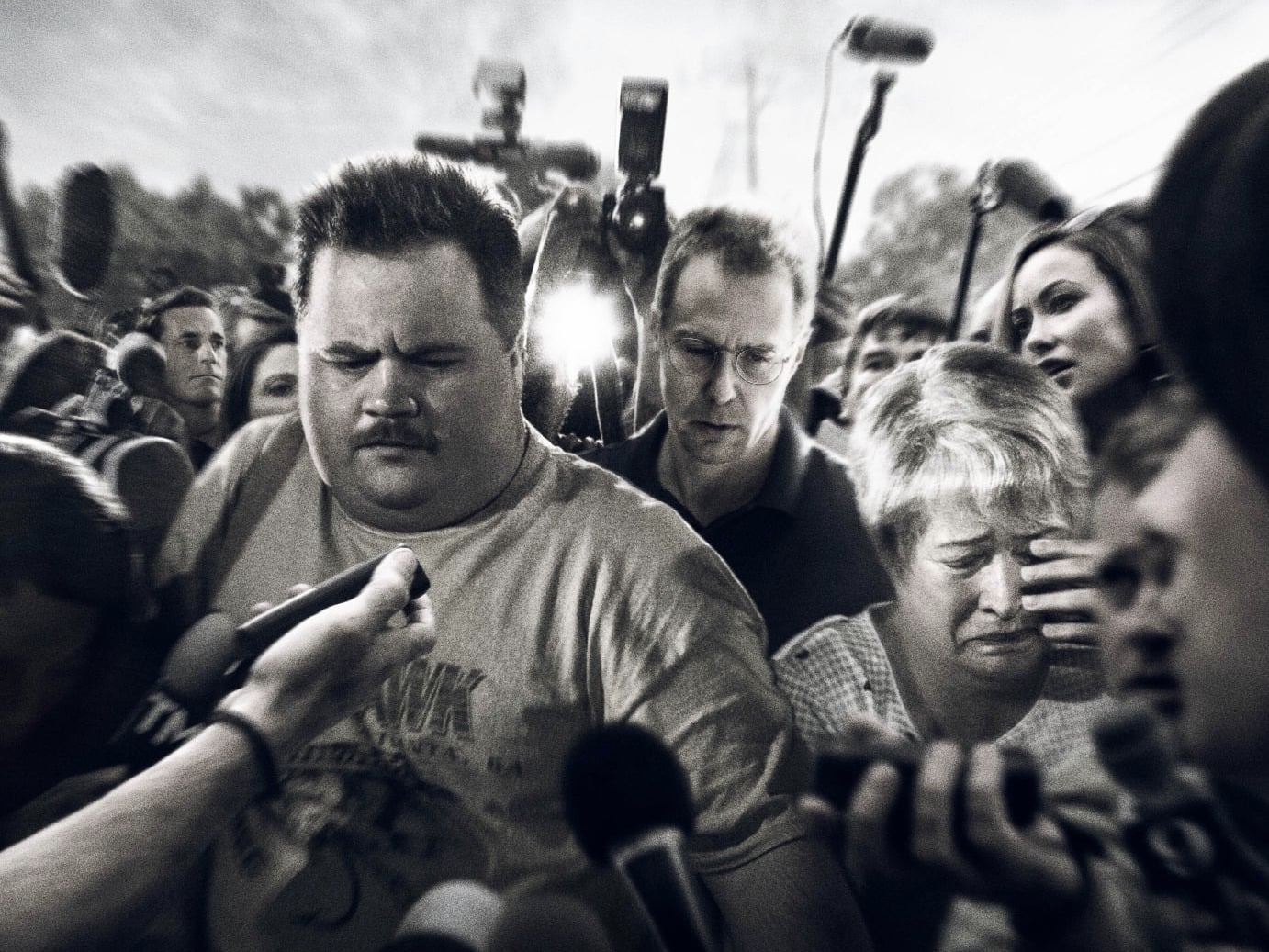
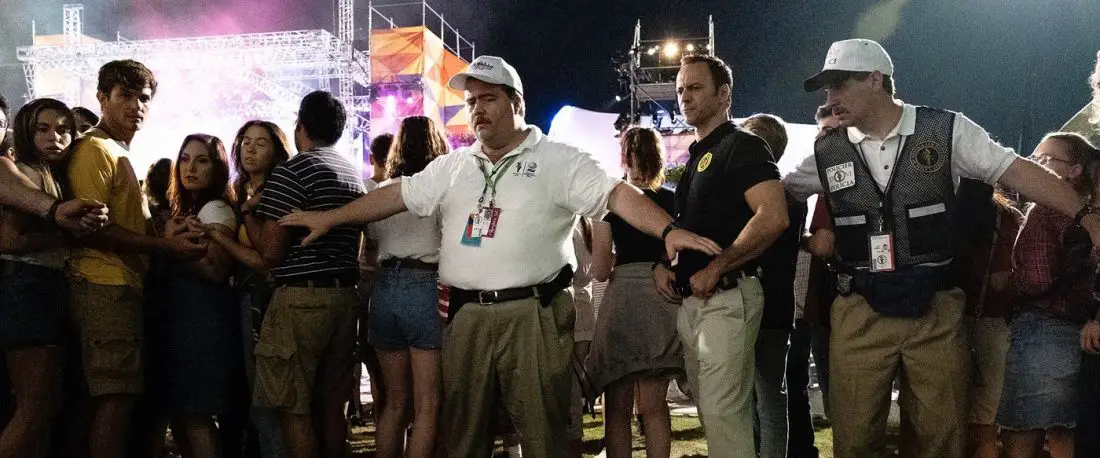
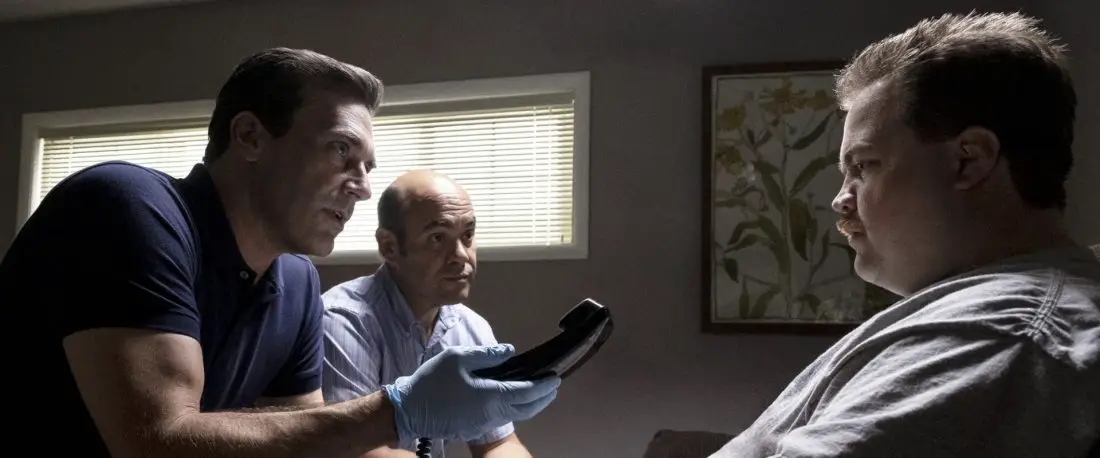
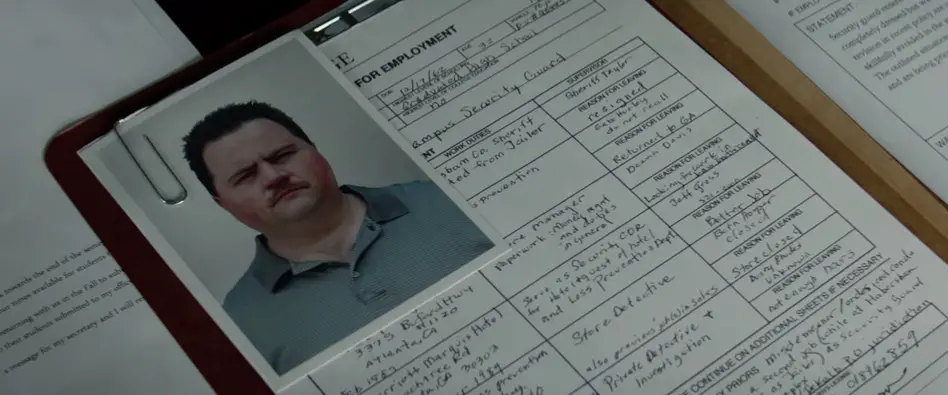
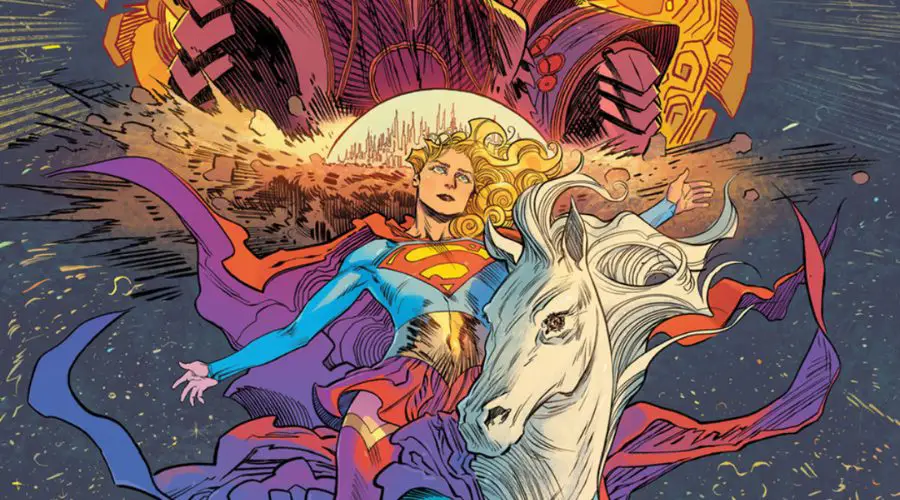
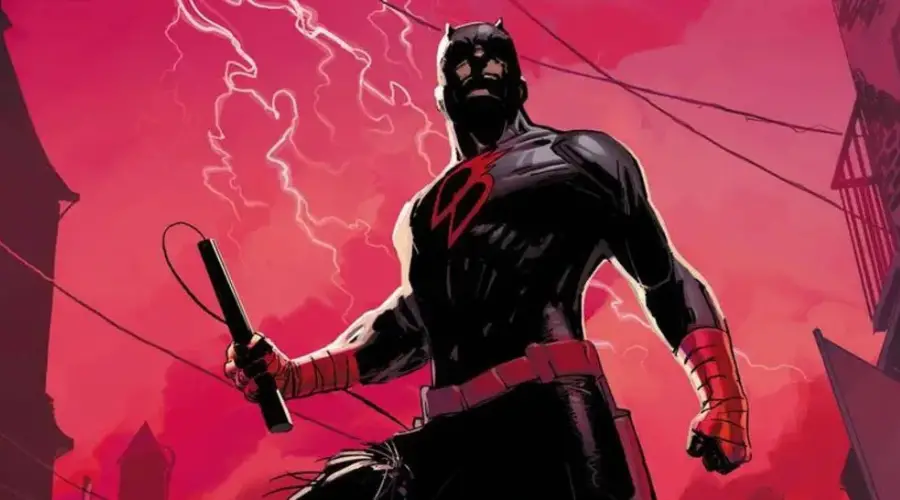

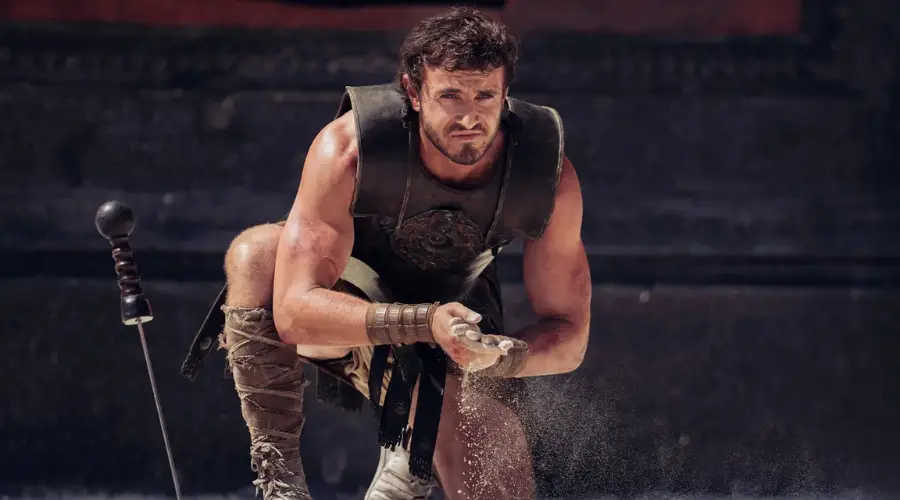
Leave a Comment